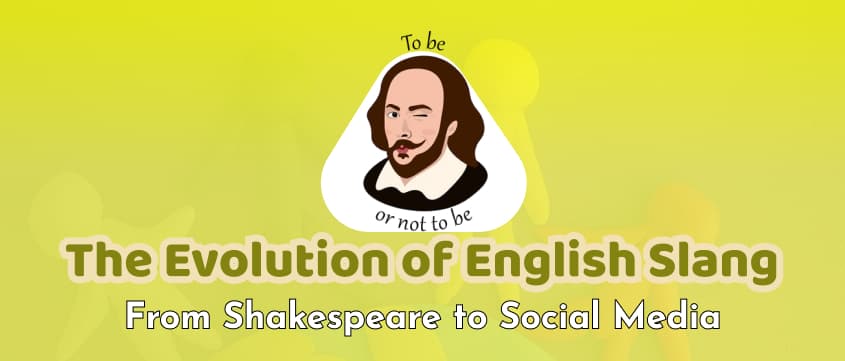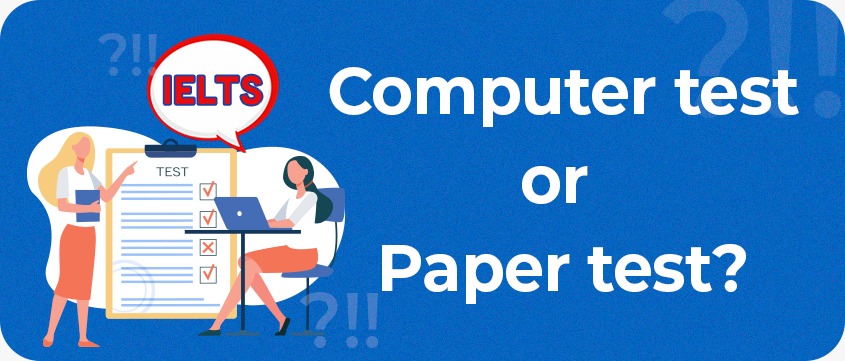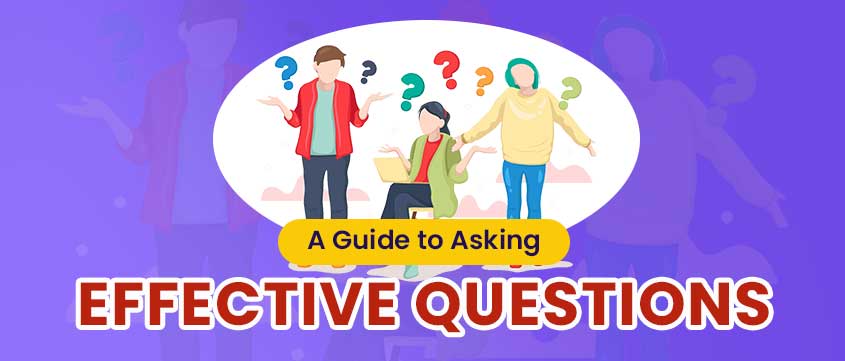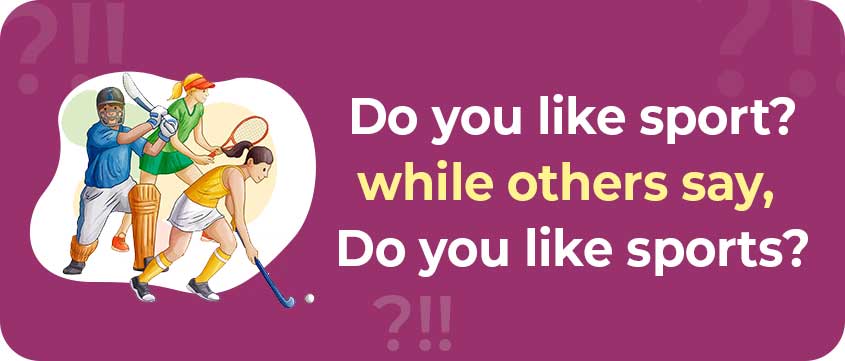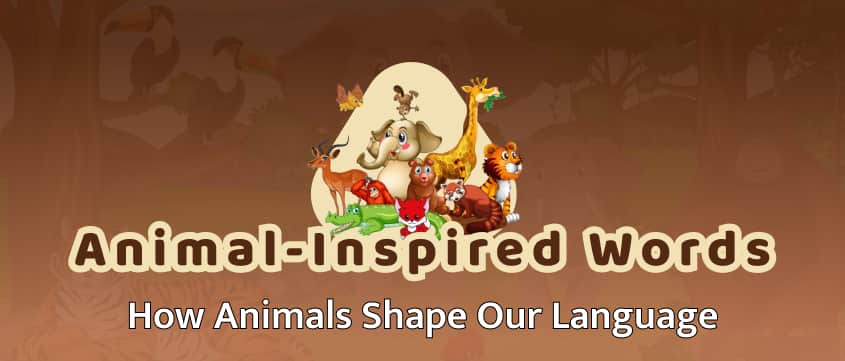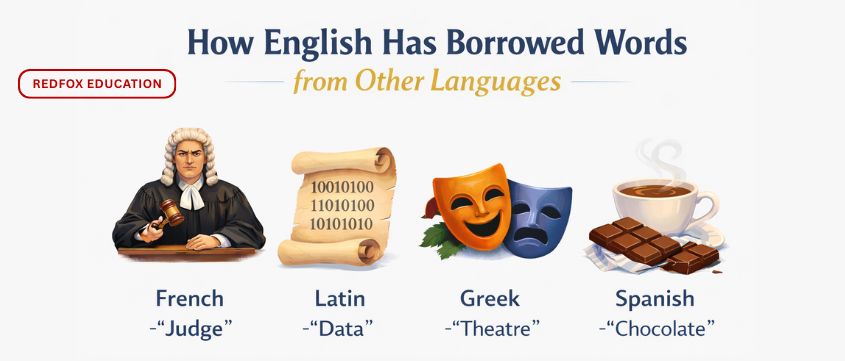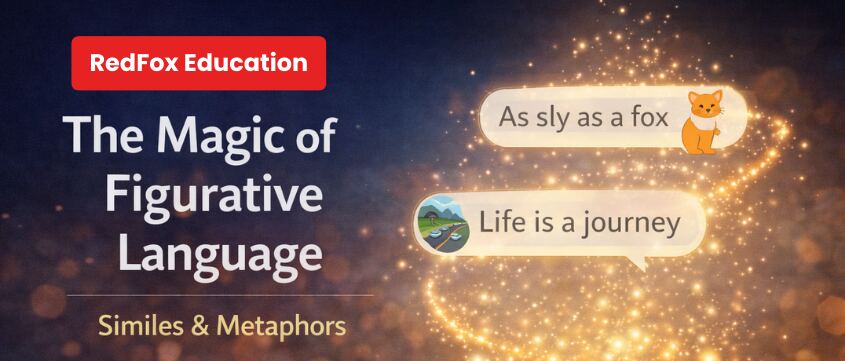The evolution of English slang is like a lively dance that mirrors how our society changes over time. From the witty banter of Shakespeare’s day to the fast-moving slang of today’s digital world, slang gives us a window into our cultural and social shifts. Shakespeare, with his flair for inventiveness, gifted us with colourful terms like “bumpkin” and “swagger,” which have either evolved or faded from use. These words reflect the playful and often irreverent spirit of his time, setting the stage for future linguistic creativity.
As we moved into the 19th and early 20th centuries, slang continued to evolve, shaped by the quirks of Victorian and Edwardian society. Words like “poppycock” and “giggle water” capture the whimsical and sometimes cheeky nature of that era. Major historical events, like the World Wars, also left their mark on our language. The slang that emerged from these periods reflects the resilience and coping mechanisms of those who lived through them, adding another layer to the rich tapestry of English slang.
The mid-20th century brought a surge of new slang, largely driven by the vibrant youth culture of the time. The Beat Generation and the counterculture movement of the 1960s introduced phrases like “cool” and “groovy,” capturing the dynamic spirit of those decades. Music and pop culture further accelerated this evolution, with genres like punk, rap, and hip-hop bringing terms like “rad,” “dope,” and “lit” into the mainstream.
With the advent of the digital age, slang has transformed at an unprecedented pace. Social media, texting, and memes have introduced a flurry of new terms into our everyday language. Phrases like “LOL,” “YOLO,” and “FOMO” showcase how technology has shaped and spread modern slang. This digital explosion hasn’t just sped up the creation of new words but also enabled them to cross borders and blend with other languages and cultures in fascinating ways.
Looking forward, the future of slang will likely continue to be shaped by emerging technologies and evolving social attitudes. As our world changes, so too will our language, keeping slang as a vibrant and ever-changing reflection of our times. English slang is not just about words; it’s about capturing the essence of cultural and technological progress in a way that resonates with the human experience.Sep 20, 2024 | English,Vocabulary,Significance of English | No Comments
